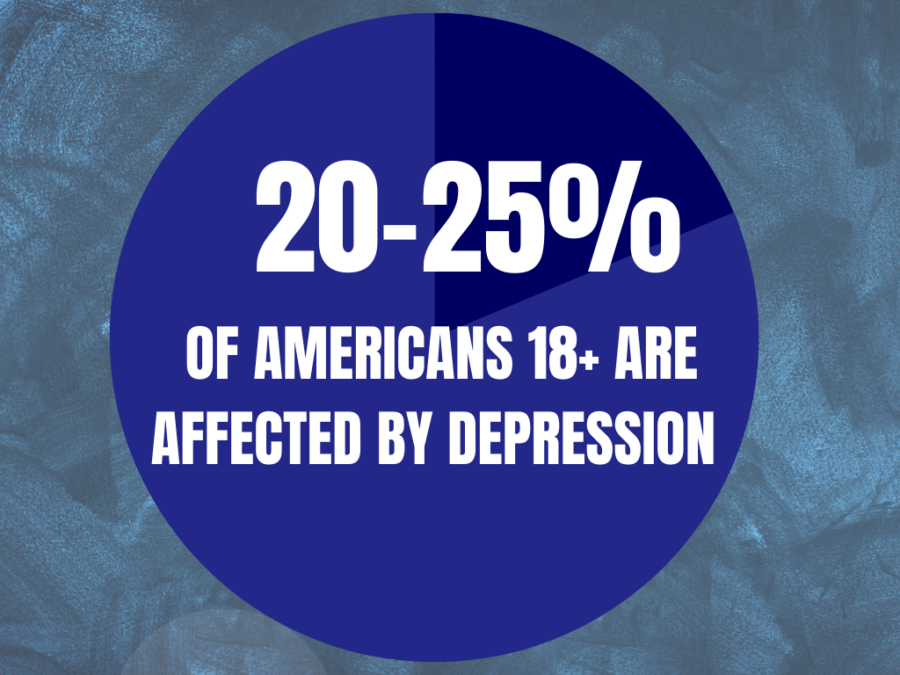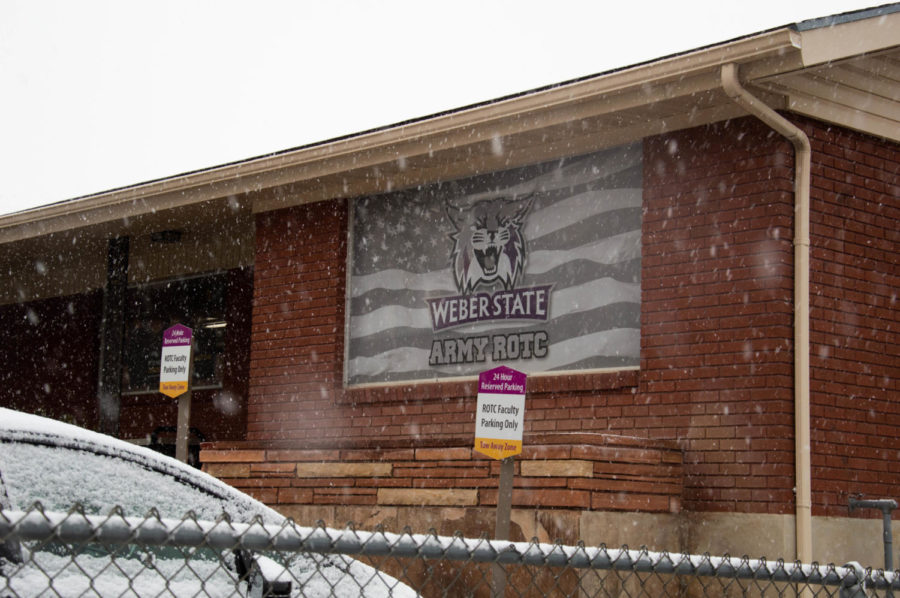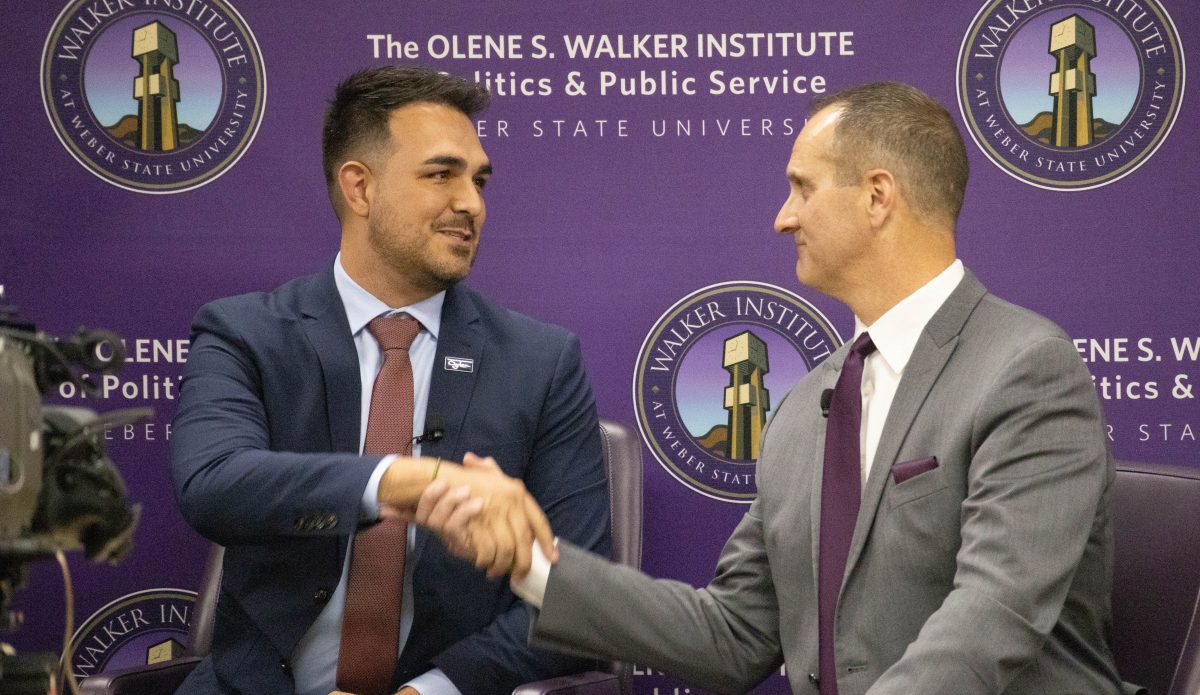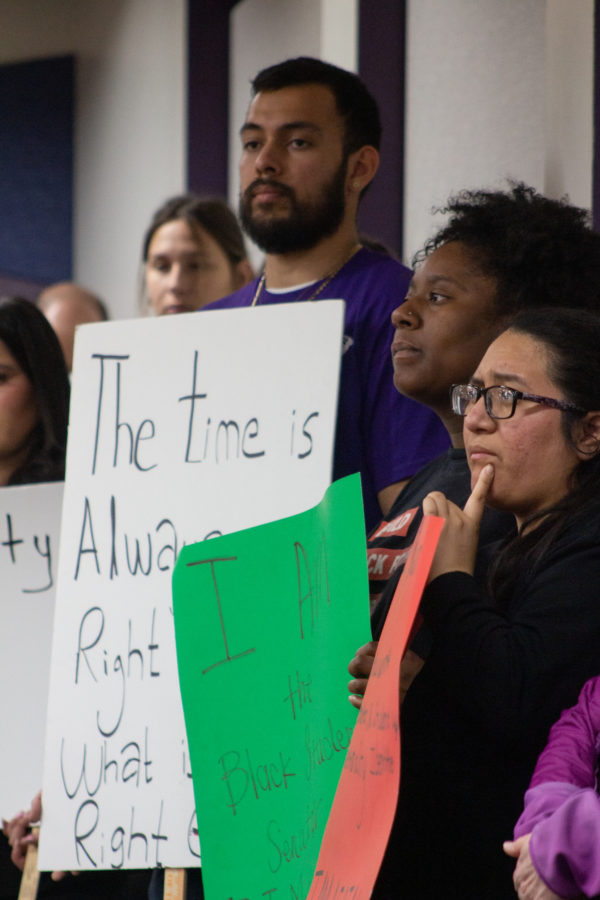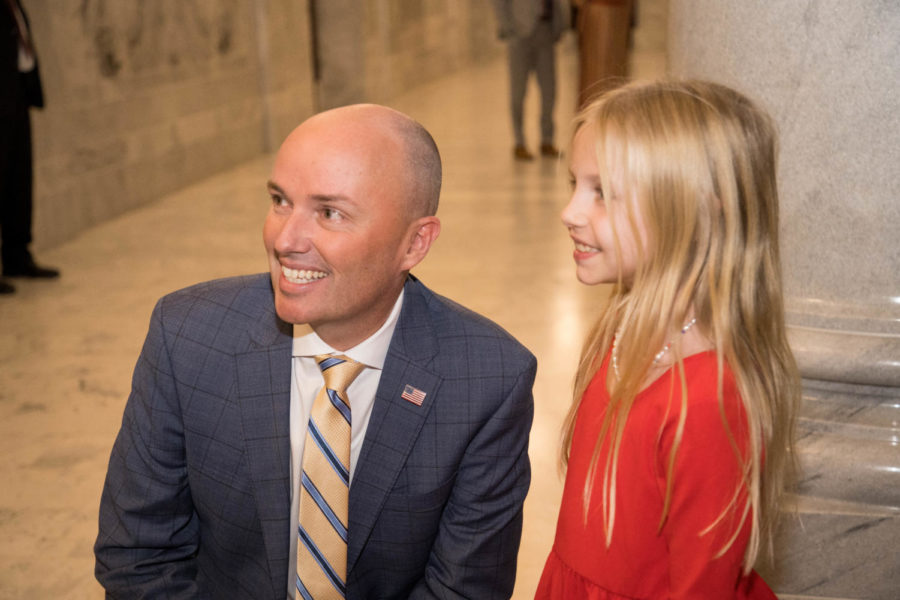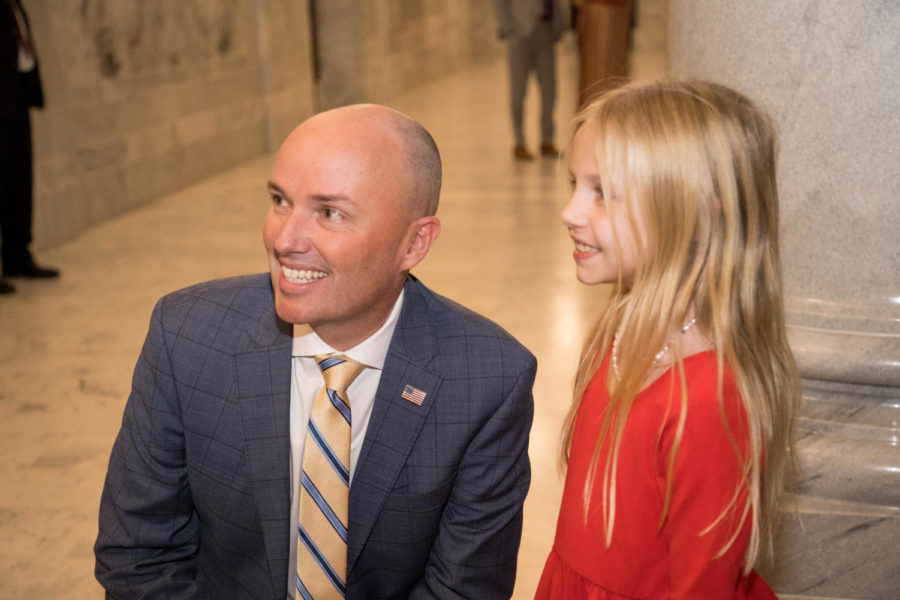Sinhue Noriega takes a critical look at the education system of the United States in his book “If It’s Broken Don’t Fix It.” Noriega graduated from Weber State University in 2006 with an English teaching degree.
“The book focuses on a few different topics, but the heart of the book is about the problem with what I call the collapse of the education system, with particular focus on NCLB and Common Core curriculum,” Noriega said. “It is about the tragedy of the government taking over education.”
In preparation for writing his book, Noriega traveled the country, taking on temporary teaching jobs. In six years, Noriega taught at 12 different schools, mostly throughout the Midwest. He said some of the information he learned during his research was shocking to him.
Noriega described one experience he had during a staff meeting, when one math teacher complained that his students were coming into his class without having learned all of the fundamentals in the previous year’s math courses.
“As we tried to figure out why these students weren’t learning these basics, the previous year’s math teacher simply said, ‘I’m not teaching this because it’s not on the test,'” Noriega said. “The superintendent basically said, ‘Oh, OK’, and that was the end of that conversation.”
Noriega said this experience illustrated one of the biggest failures of No Child Left Behind, which is that it encouraged teachers to teach by the test. Noriega said that during his research, on multiple occasions, his superiors asked him to teach the test. He said this is essentially cheating.
Additionally, the NCLB program was based on improvement, and Noriega said this caused the program to fail.
“To the layman, program improvement sounds great; the problem is that it was set up to fail,” Noriega said. “It was essentially subsidized entrapping of the states. It was an ingenious trap to make the states reliant on federal funding.”
Noriega said the problem with an education program based on improvement is that each year, the students are expected to do better, but new students are coming in. This means that 10 years down the line, fifth-graders are supposed to be 150 percent better than the first group of fifth-graders, he said.
By 2010, the schools that didn’t meet NCLB standards were desperate for funding. The federal government presented the failing states with a waiver that would change the way accountability for improvement was measured. This waiver required that Common Core Standards be established and written into the state’s constitution.
According to the official Common Core website, Corestandards.org, “the Common Core State Standards provide a consistent, clear understanding of what students are expected to learn, so teachers and parents know what they need to do to help them. The standards are designed to be robust and relevant to the real world, reflecting the knowledge and skills that our young people need for success in college and careers.”
Noriega said that what scares him about Common Core is that most states weren’t given a choice. Because they so desperately needed the funding, they had to accept these standards. This was done without any vote by the people, and because it is written into state constitutions, it is difficult to repeal.
“Common Core is essentially government-run education,” Noriega said. “And who voted for that? I didn’t vote for that, and it didn’t come in through Congress. It didn’t come in democratically.”
Peggy Saunders, a teacher education professor at WSU who Noriega said greatly influenced his own teaching philosophies, said Common Core isn’t top-down government takeover of education, as some think. State representatives met and decided upon standards of what students should be taught, she said, and that isn’t necessarily a bad thing.
Saunders said the standards are the basics all students should know, and although Common Core has been politicized, particularly in Utah, it shouldn’t really be a political topic.
Utah did not accept the waiver and therefore did not need to accept Common Core Standards, but it did so anyway. Noriega said he was happy to see that, in Utah, a number of people have fought against Common Core.
Noriega said that to him, the most important concept about education is that it should be a creative process. Students should be excited to come to school, he said, and when the educational process is limited by the government, it limits the creative process. He said this is a philosophy he learned as a student from professors at WSU like Saunders and Forrest Crawford, another WSU teacher education professor. Crawford said one of his main focuses in the classroom is to engage students in a way that makes the curriculum come alive.
“It is important for students to understand that knowledge isn’t necessarily fixed or linear,” Crawford said. “It comes from a variety of sources in a variety of forms, and it is important for students to take it upon themselves to dignify the information they are given and discern what you want to do with that information.”







